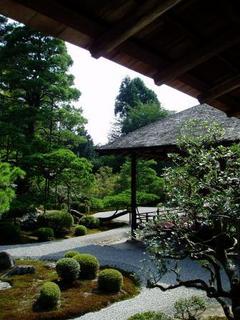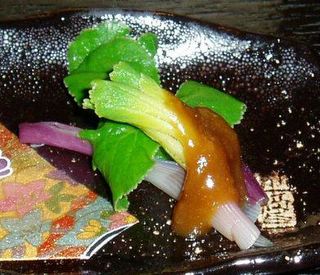Today, I found and read a report written by a Chinese who were interested in Japanese Nobel Prize Winners in Literature, came to Japan to study some of them for three years and came to hate Japanese because he felt discriminated and underestimated there. Now he is back in China, leading some group protesting against Japan. In the report, he explained how he came to dislike Japanese. He attributed his hatred toward Japan not to the brainstorming imposed on the Chinese but to his encounter with Japanese scorn for Chinese during his stay in Japan. He even found the sign "No Chinese" in front of a bathhouse in Japan. According to him, more than 90 percent of those Chinese who come and stay in Japan should become anti-Japanese, even though he loved Japanese culture before coming to Japan.
The report, he says, is the first chapter of the six. The other chapters, not published yet, are designed to describe 1) Japanese are ignorant of China and Chinese, 2) The good relationship among the East Asian countries (China, Korea, and Japan) has been destroyed by Japanese ally with the Western countries, 3) Japan is preoccupied with the illusion it has been superior to China, 4) China is requiring Japan not to give China much money but to show something sincere, and 5) Japan should ally with China to create a peaceful relation among China, Korea, and Japan, and to change the power balance in the world.
I love to read all of them. I cannot wait. The five topic sentences are attractive enough to drive me make small comments on them.
Concerning 1 and 3, I cannot say he isn't right. Some of us have categorized China as a developing country, based on the western standard of "progress," and we've been forced to update our concept of China. Now many of us recognize they don't know about China as well as Korea. But I would say this is vice versa. They don't know well about us, either.
As to the sign of "No Chinese," I'm not sure exactly why, but many of us guess some conflicts got the owner to hang out the sign. I would say they should have been caused by some cultural differences in manner, especially in distinction between public and private spheres. Bathhouses are both public and private places in Japan. There, you're required to keep some rules in your minds. I mean some Chinese would violate some of the rules common to many of Japanese. The owner, I would conclude, should have tried to preclude the bad-manner reputation because s/he was afraid Japanese customers would not come to the bathhouse.
It would be hard for me to explain and define all of the deeds that may look tacky to most Japanese. You know, customs and etiquettes in many cases refuse logical explanation. Japan has been an isolated island country since its birth, so it has engendered some cultural manners that may look absurd or illogical to you. And let me tell the Chinese it would take much more time to be familiar with a culture alien to you. Some say your three year stay would make your host country look so bitter. I have studied in a graduate school in US, but I would not like the US unless I had got two kind American friends there. The impression of a host foreign country, I would say, depends to some degree upon your company there in the first stage of your conformity to the country.
Additionally, Chinese are notorious for two reasons. First, I hear that many of Chinese don't adjust themselves to foregin environments even if they have to settle there. More important, we're scared of the Chinese because we know they come to Japan to earn just money, even if they dislike and hate Japan, and then commit crimes. Of course, it may be just rumors. But if your countrymen are assaulted by some persons belonging to one single group, some of us should be so scared of the whole group as to make a rule to preclude them. Anyway, we need to talk for mutual understanding.
His assertions in 2 and 5 sound quite interesting and right, but this is a matter of ours, as was in the early stage of the 20th century. One of the Japanese intelligensia proposed then Japan should get out of the East Asia to survive in the World revolving on the Imperialism. We don't think the judgment was the most appropriate, but we don't criticize it as the most inappropriate. Let us think about it, anyway.
The statement in 4 concerns historical matters. We're wondering why some of the Chinese like to criticize Japan referring to what it did in the past in spite of their recognition that Japan was not quite cruel and evil. The late Chinese leaders, like Deng Xiaoping, Chiang Kaishek, and Mao Tse-tung, suggested that Japan should not be blamed in their writings. I cannot trust those Chinese who know they should not criticize Japan but have criticized it for their own purposes.
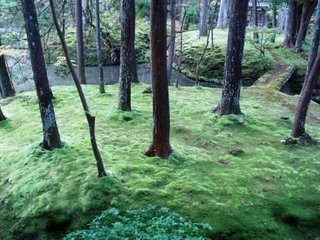
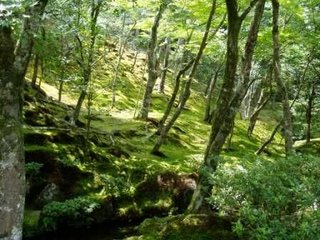

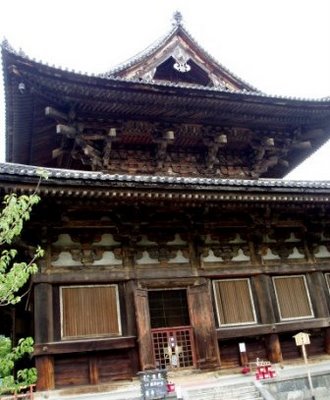
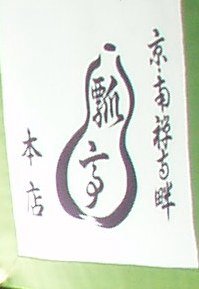
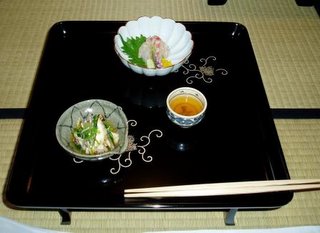

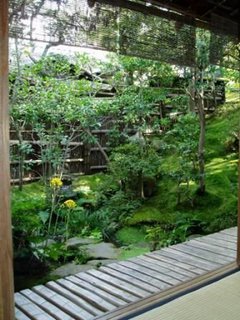
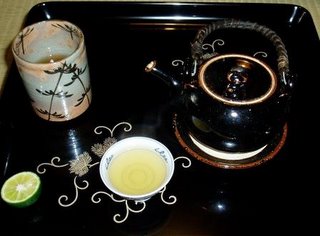

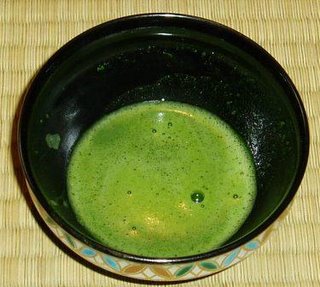



 I went to Kyoto with my friends last week. There are so many sights to see, but I wanted to watch most the temple of Manshu-in(曼殊院), located in the north east part of Kyoto. Its name comes from a Bodhisattva in Sanskrit, but it is not a Buddhistic temple in nature mainly because in the Edo Era many of the imperial Princes were required to live there as Buddhistic priests lest they should participate in the politics.
I went to Kyoto with my friends last week. There are so many sights to see, but I wanted to watch most the temple of Manshu-in(曼殊院), located in the north east part of Kyoto. Its name comes from a Bodhisattva in Sanskrit, but it is not a Buddhistic temple in nature mainly because in the Edo Era many of the imperial Princes were required to live there as Buddhistic priests lest they should participate in the politics.